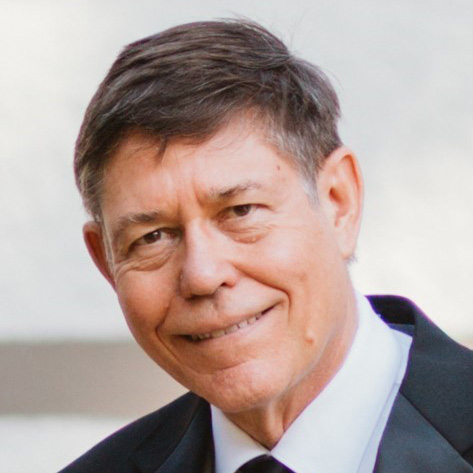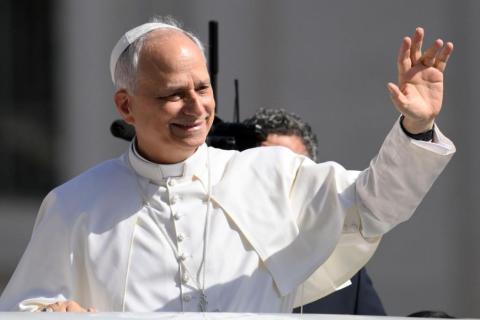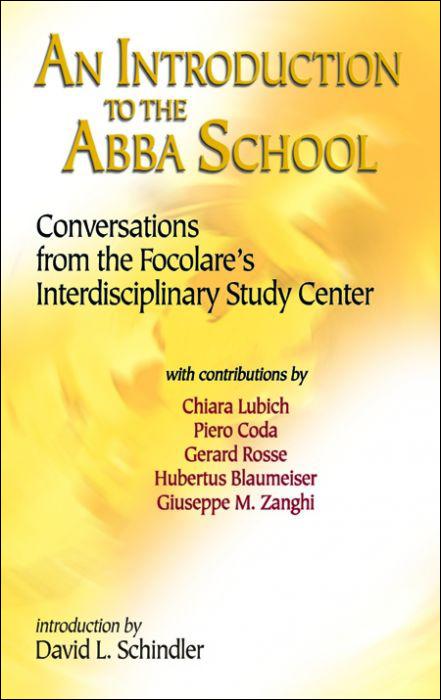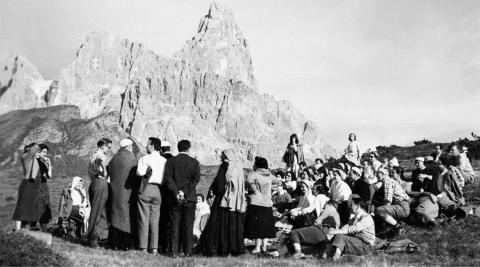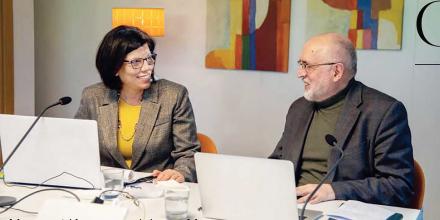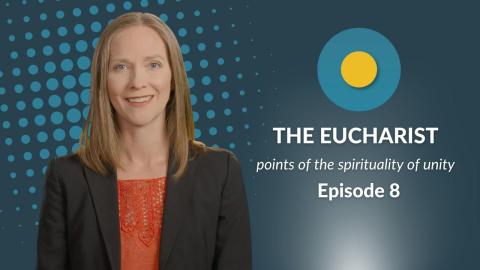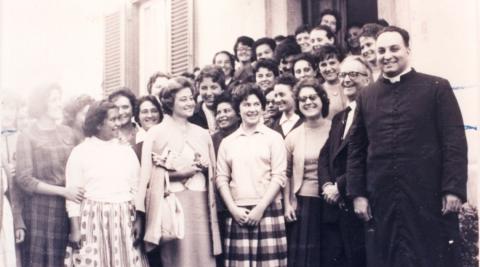The Hearth for the Human Family conference: what the Focolare can give to the Church and the world
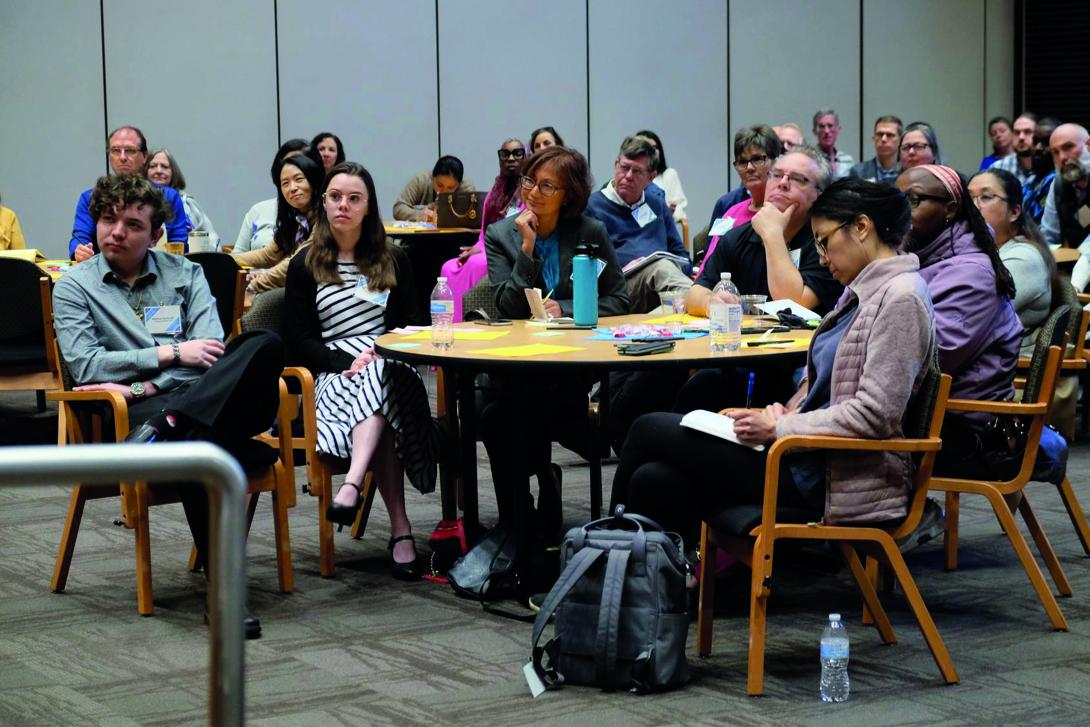
Photo by Patricia Garcia
Focolare founder Chiara Lubich described the Focolare Movement as “a new people, born of the Gospel.” On March 3–4, those people spread into the Whitley Theological Center at San Antonio, Texas.
More than 100—employees and CEOs, students and university professors, Christians and Muslims, laypersons and clergy—gathered at the “Hearth for the Human Family.” There, during this polarized moment in history, this diverse group sought to “reimagine dialogue.”
The conference began with a keynote reflection by Fr. Patrick Gilger, SJ, professor of sociology at Loyola University in Chicago. His address, “Public Relations in a Secular Age: The Role of the Focolare,” held up a mirror to Focolare members and friends, reflecting practices so familiar to them that they may have taken them for granted.
This is what he observed about those who live the Focolare charism: “At the very moment they are slighted or brushed aside… a Focolare virtuoso strives to become empty; to listen and to embrace. This is what is called embracing Jesus forsaken.”
Using terms from the philosopher Charles Taylor, Gilger noted the contrast between two ways of responding to moments of suffering or disunity. Those who operate from the “enlightened secular self” typical of contemporary culture withdraw into a “buffered self.”
Not so with Focolare “virtuosi,” as Gilger called them. They enact a “porous” self. They do not separate themselves from suffering but immerse themselves in that experience; they make themselves vulnerable, depending on those with whom they share that moment.
Conversations throughout the conference repeated this motif— the contrast between a “buffered self” and a “porous self.”
Gilger’s presentation and responses by Dana Dillon of Providence College; John Mundell of the Laudato Si’ Action Platform, an initiative of the Vatican Dicastery for Promoting Integral Human Development; and Chiara Catipon and Layna Souza of the Texas A&M University Newman Center set the tone for the workshops and conversations that followed.
Leaders in business, media, economics, ecumenism, environmentalism, Church life, and racial equity shared how they have responded to today’s polarization through a “porous” approach to dialogue.
These experts, some from within the Focolare community and some who are friends and collaborators, shared their personal stories, which participants then processed at table conversations.
At each session, the “sparks” of insight that emerged were written down on sticky notes and affixed to large posterboards. During breaks, lunchtime conversations, and a concluding general session these sparks were shaped into summary statements and proposals for action.
The richness, diversity and power generated at the conference can be summed up in two statements. “Do not doubt that you have been given a gift,” Fr. Gilger said. “And the gift you have been given—unity—is not for yourselves, but for the Church and for the world.”
And Prof. Dillon described the goal of the Hearth for the Human Family: “Surfacing our differences while trusting in our unity… This is the basis of the dialogue we need to have.”
Toward the end of her life Focolare founder Chiara Lubich described what she envisioned for the movement she began. “I wish that [the Focolare], at the end of the ages, when it will be waiting, united, to appear before the forsaken and risen Jesus, might be able to repeat to him, taking on the words of the Belgian theologian Jacques Leclercq, words I always find moving: ‘On your day, my God, I shall come to you... I shall come to you, my God... with my wildest dream: to bring you the world in my arms.’”
The people at Hearth for the Human Family provided a glimpse of how Chiara’s dream will be fulfilled—by being in the world and transforming it, often stepping out of one’s comfort zone.


